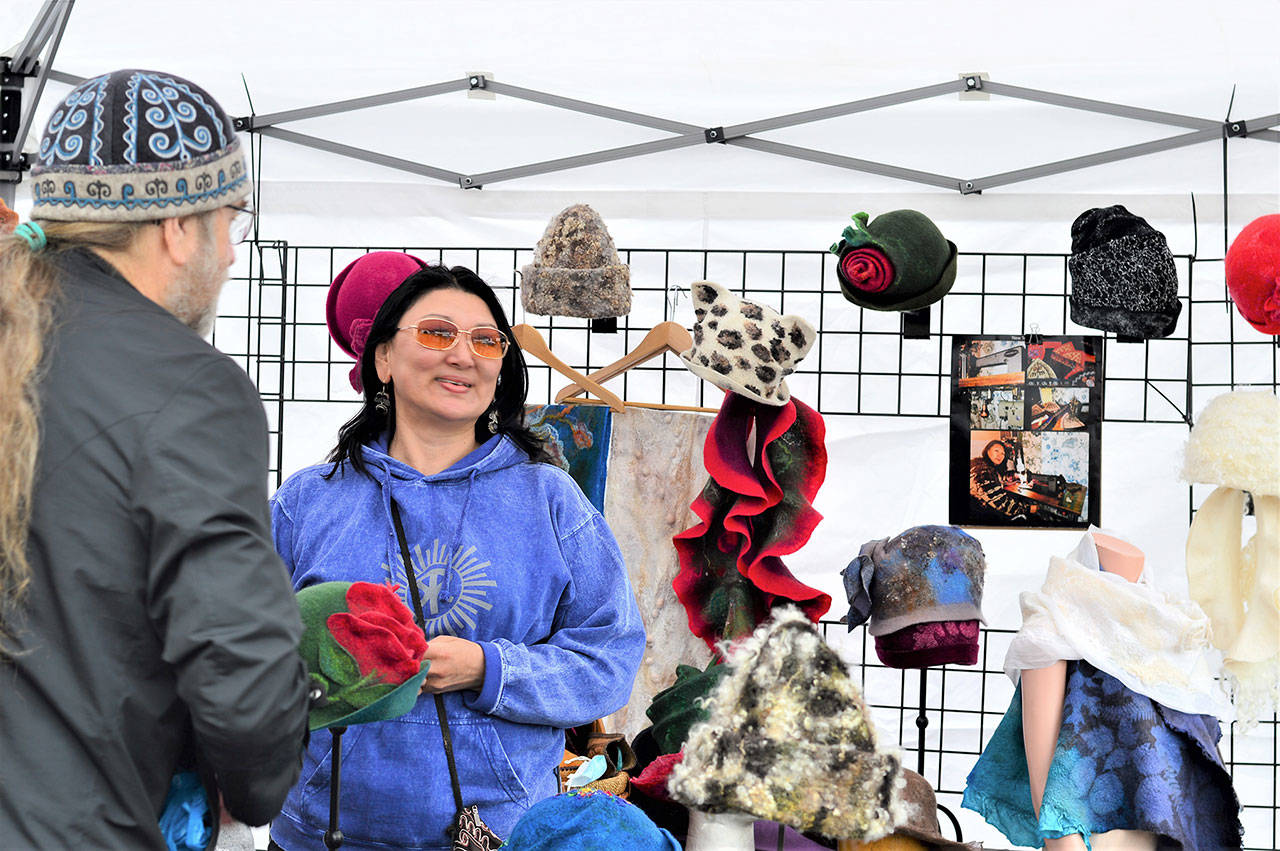Our everyday talk equals poetry, Naa Akua told us. This was Saturday afternoon in a spoken-word poetry workshop, where I certainly didn’t belong. Or so I thought at first.
Then Akua, who is Ghanaian and Bajan — from the island of Barbados — made sure each of us knew we belonged here. She invited us to introduce ourselves and comment on why we love poetry and writing.
This was “so I can hear your voice,” she said, acknowledging the preference of some Zoom meeting participants to keep their video off.
I love writing because it helps shake loose new ideas from my/your/our minds. And that’s what happened in Akua’s workshop.
She gave us an exercise. Pen a spoken-word piece, a short thing you could deliver from a stage: What is the message, story or moment you want somebody to remember?
Feeling unfocused, I asked for help. Akua paused, then asked: Was there ever a time when you wanted to tell someone about something that’s important to you? Something you believe in but never got the chance to say?
We all wrote for 10 minutes. Akua asked whether we wanted more time, then provided another five. She invited us to read — “no pressure” — then listened, her eyes alight.
When each person finished, Akua waited a beat, then said “Yeah,” in her deep voice. That, I thought, is what affirmation sounds like.
Akua’s workshop was free, hosted by the Juan de Fuca Festival and the North Olympic Library System. It gave us a place to stretch our writing-emoting limbs in a warm, sunny spot. And Akua, who teaches at Seattle’s Hugo House among other places, showed us how day-to-day moments, chats with others and our own interior monologues, are in fact poems.
Sunday at the Juan de Fuca Festival street fair illustrated it all in living color. For the first time since early 2020, I wandered among market vendors, had conversations, looked people in the eye, drank in art.
I met Shawn Woodyard of Port Angeles who wore a hat made by Cholpon Djumabaeva, a native of Kyrgyzstan in central Asia. As she showed me her scarves and flowers made of wool purchased at the Puyallup Fair, all I could do was shake my head and marvel.
“This festival has been very good,” Djumabaeva said.
I have to agree.
Next I chatted with Peggy Foy, who runs her jewelry shop, Arcana Metalwork, in Seattle’s Pioneer Square. It’s a relief to be here, she told me. We all worried the festival would be canceled again, but we’re together at last, breathing the open air, feeling the raindrops, thankful.
“I’m so glad to be out again with people around,” said Saffrel Kochon, who, with her husband Chris, had the Grateful Heartist booth.
My thoughts exactly. By now I’ve had maybe 2,000 Zoom-mediated conversations, and they were better than nothing, but these face-to-face interactions are a cool drink of water near the end of a marathon.
My friend Barbara Wise was also at the festival, providing COVID-19 vaccinations to anyone who wanted them. A “retired” nurse, she’s given hundreds upon hundreds of shots over the past five months. We talked about what a gift that has been, about how beautiful the vendors’ art is — more delicious poetry again. It occurred to me that Barb and I have run into each other at the Juan de Fuca Festival every year since I got here in 2006.
I’ve taken our conversations, the street fair — the whole festival — for granted. Until now.
________
Jefferson County senior reporter Diane Urbani de la Paz can be reached at 360-417-3509 or durbanidelapaz@ peninsuladailynews.com. Her column appears on the first and third Wednesday of the month. The next one will run June 16.

